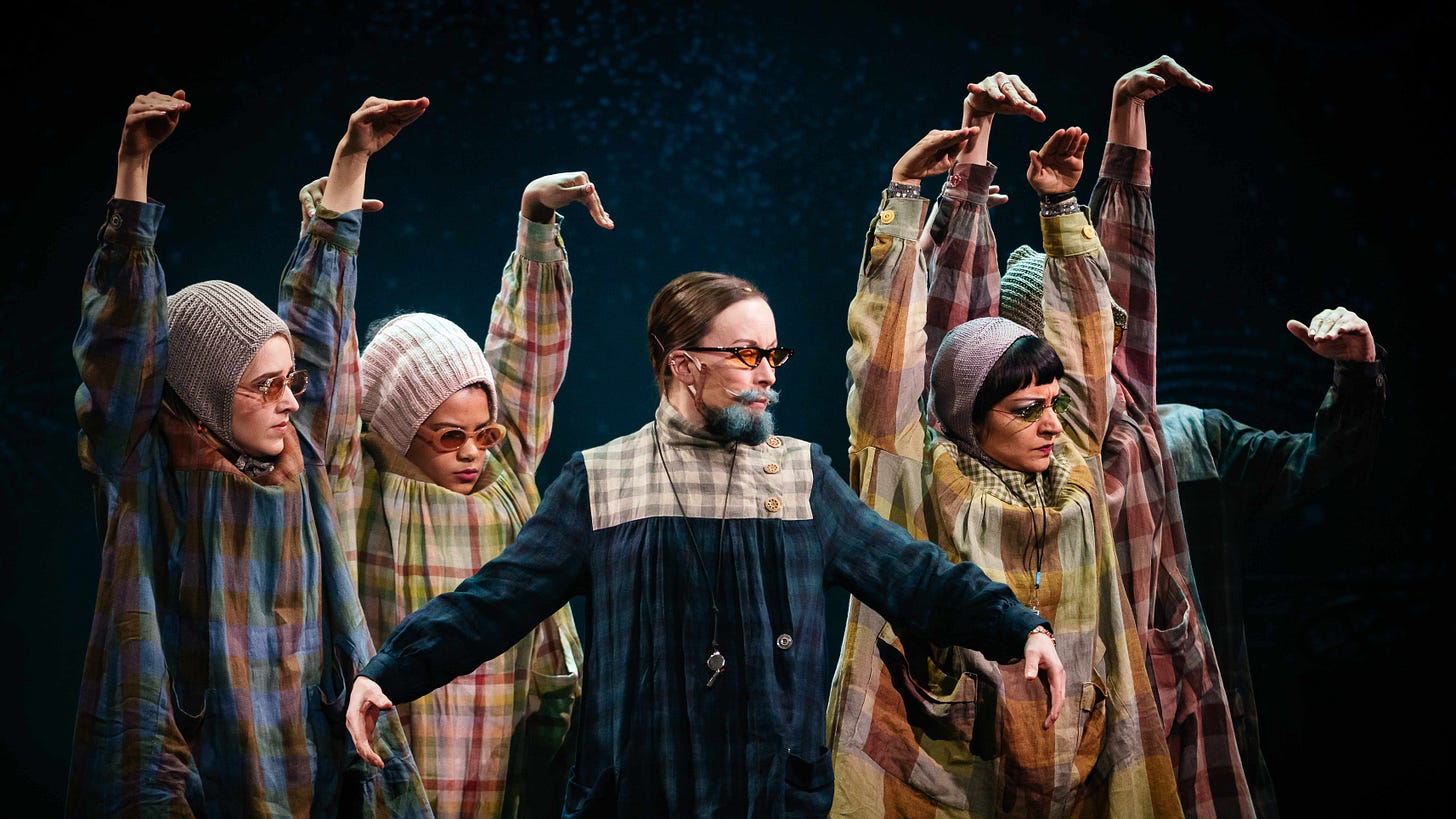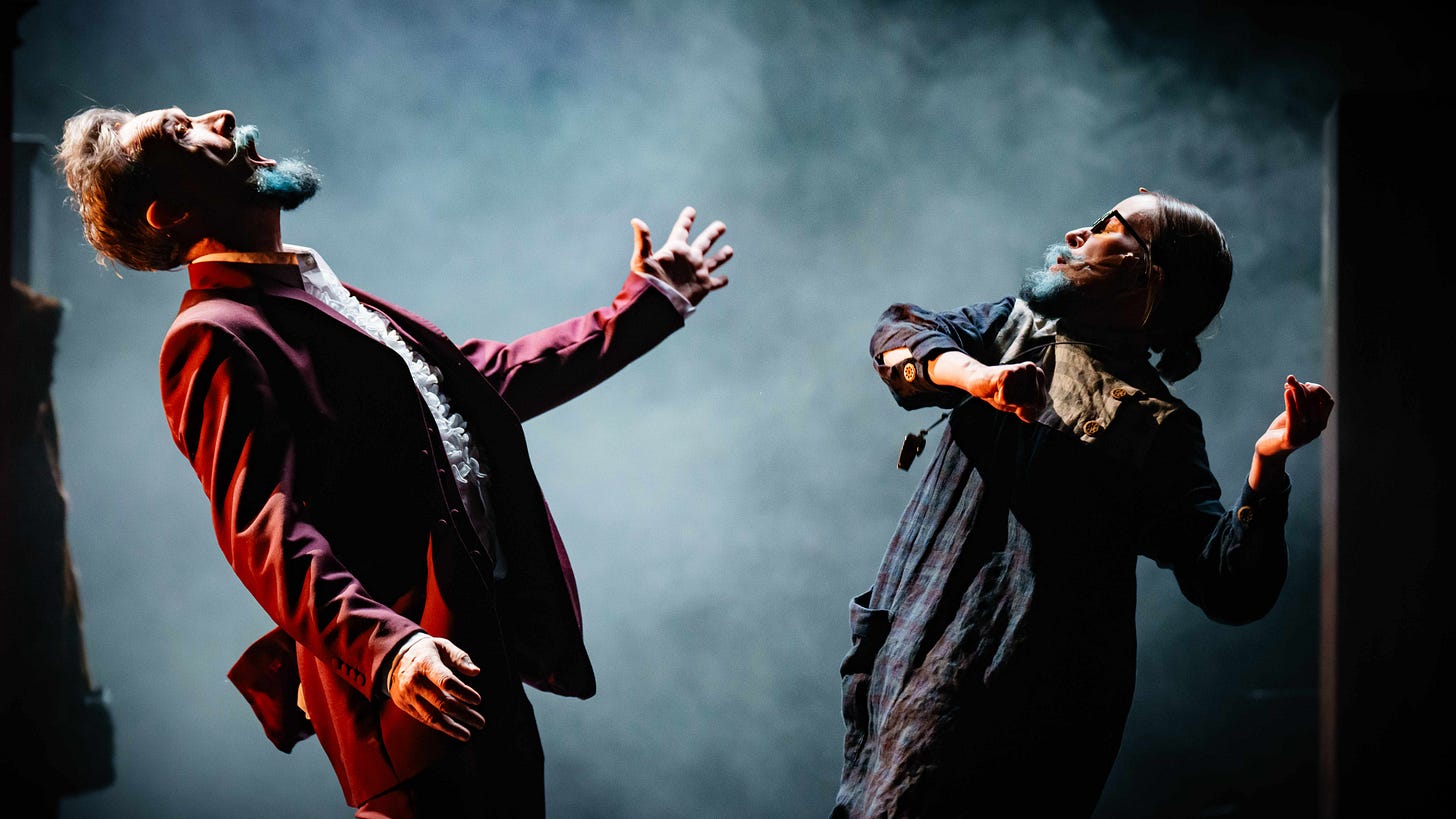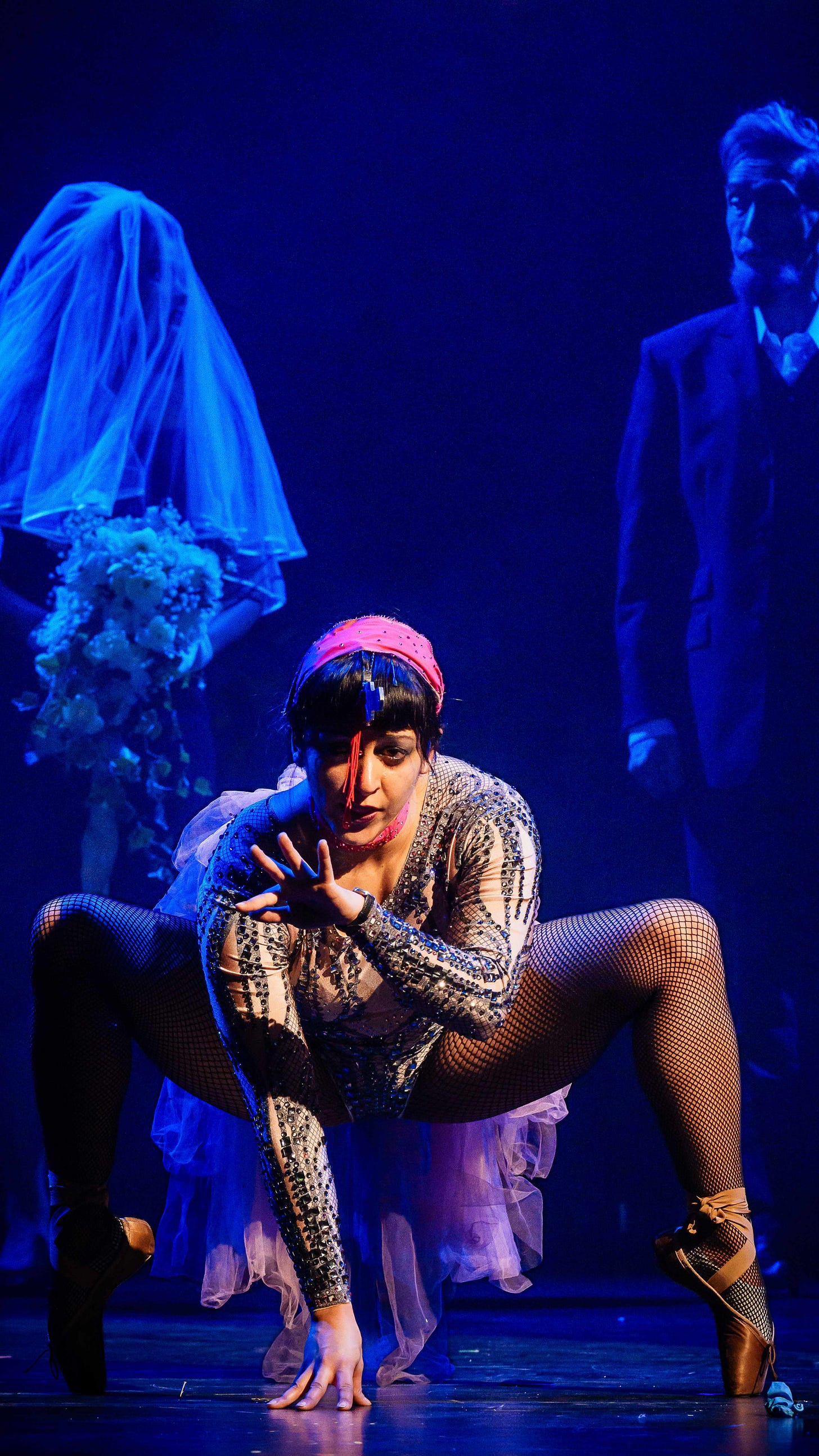
Many years ago, when I was a size 12 and still had oestrogen, I briefly dated a football player. He was a real one: he’d had a one-season career in the top flight before being injured out.
He established a second career as a sports writer and that’s how I met him. He still mixed in glamorous Premiership circles — but I soon tired of his peevish conversational diet of insider sports gossip.
I was, however, shamefully interested in his money — he seemed to have lots of it, and he held out the promise of whisking me away to Italy to start a new life. Admittedly, the Italian jaunt was only one of many plausibly-deniable enticements that he confetti-showered in my needy direction, along with a bottle of expensive champagne and a signed Newcastle shirt. A skilled seducer isn’t just offering you himself, he’s offering you an adventure. A vision of the future. A new you. A lifestyle.
But, a little voice whispered inside me, this whole thing feels weird. How could he have fallen so madly in love, when at the same time he was so rude, discourteous, off-hand, impatient? It didn’t make any sense. Then one thing led to another and we found ourselves in the bedroom. At that point, quite deliberately, he hurt me.
Our eyes met, and things went no further. I knew he’d done it intentionally — and he knew I knew. So pretty soon afterwards, he made his excuses and left. The champagne went for a raffle prize, the football memorabilia went —as far as I can remember — to a young fan, and my sharp temper took care of everything else.
The whirlwind courtship, the infatuation laced with contempt, and that nasty little physical test: I now know these are classic signs of a lover who will turn violent. But I didn’t know then and young women still aren’t taught this vital information. I escaped; many don’t. According to Refuge, two women a week in the UK are murdered by their present or former partners.
'Men are afraid that women will laugh at them. Women are afraid that men will kill them,' as Canadian novelist Margaret Atwood said. And it’s with good reason that women feel like this. There are at least 6,500 differences in gene expression between the two sexes — and, as recent sporting controversies have illustrated, it’s rarely a fair fight.
Blue Beard is Emma Rice’s adaptation of a sinister fable first committed to paper by Frenchman Charles Perrault in the late 17th century. It’s the story of a rich and much-married man whose wives keep vanishing. His latest wife, attracted by his wealth, is made to promise that she will never use an innocent little key — this one here — to open a mysterious little door just over there. Of course, she breaks her promise — like Eve with the apple in the Biblical story — and we can all guess what she finds in there. And what the penalty is for her disobedience.
But the final wife, through a mixture of steady wits, strong family ties and sheer luck, manages to escape Bluebeard. This is very subversive — as though Eve had eaten the apple, throttled the serpent and laughed at God right in his face for his obviously self-serving ban on female curiousity. (I like to think she spat out the apple pips and chucked away the core whilst she was doing it.) Nonetheless the tale is such a near-the-knuckle expose of the way patriarchy maintains itself through violence that even Perrault in 1697 felt compelled to end it with an uneasy little joke. It was, he writes, all in the past and everyone knows that modern French wives have the upper hand over their husbands.
I came across Bluebeard in Sleeping Beauty & Other Favourite Fairy Tales — a children’s storybook edited by the late novelist and fairy tale enthusiast Angela Carter, with illustrations by Michael Foreman. Like Carter before me, I have a lot of respect for fairy tales. They have elements that reach back into pre-history — it’s possible that depictions of the wolf in Little Red Riding Hood draw on elements of the Ancient Egyptian jackal god Anubis. Cinderella goes back to ancient China.
And yet the stories are remade in the telling for each fresh generation. And, being the preserve of young wives, new mothers, older sisters and nursery maids — anyone designated a childminder, really — they are full of women’s stuff and coded, unsayable and quietly rebellious warnings.
But that’s not all. In Come Unto These Yellow Sands, Carter’s radio play about the Broadmoor fairy artist Richard Dadd, she has a character announce, DW Griffith-like, through a loudhailer to assembled sprites and pixies:
Settle down, please, settle down … emanations of the id to the back of the room, apparitions from the unconscious and preconscious in the gallery, Pre-Christian survivals, fertility symbols, nightmares and ghouls in the pews to the right, death-signs, stormwarnings, to the left, oedipal fantasies in the front row, please.
You cannot, in other words, reduce fairy tales to feminist tracts. They are much more than that.
Nonetheless Bluebeard’s double-sided message of female liberation wasn’t lost on the wondrous Angela, who later adapted it into the title story of her volume The Bloody Chamber And Other Stories.
Director Emma Rice, whose past works such as The Red Shoes and Brief Encounter with Cornish company Kneehigh have helped create the British theatrical weather, wears her love of Carter’s fiction on her sleeve. Even her present company, Wise Children, is named after the writer’s last novel.
Carter’s fingerprints are all over Blue Beard. It’s most obvious in the blending of high and low theatrical forms which is such a feature of the first act; but it’s there in the second act too when Blue Beard is foiled by exclusively female agency in a manner that instinctively echoes Carter’s own c20th adaptation of the original story.

Rice’s re-telling of the Bluebeard fable isn’t without its faults. Let’s focus on the biggest: She was inspired, she says, to address the issue of male violence against women by the 2022 murder of Zara Aleena, as she walked home alone one night in Ilford, East London. In a moving tribute the victim’s friends and family later gathered together to symbolically ‘walk her home’.
So far, so Little Red Riding Hood. But, oops, wrong fairy tale. Because Bluebeard isn’t about stranger-murder and Reclaiming The Streets, it’s about domestic violence. It’s about “bad bargains”, unacceptable compromises, and marital disobedience. It’s Othello crossed with Richard III for babes in arms.
Having experienced first-hand the queasy whirlwind of being romanced by a violent man, I can testify that Rice gets the first act just right. Tristan Sturrock’s Blue Beard is an urbane but sinister magician adept at weaving social spells to draw women into his grasp. A small but multi-tasking company of actor-musicians demonstrates just how versatile you have to be when performing in a Wise Children production. Robyn Sinclair, as the heroine Lucky, gets herself sawn in half in a genuine piece of Magic Circle-approved trickery live onstage. (Would someone tell me how they managed this, please? It was amazing.) Mirabelle Gremaud reveals herself to be a talented acrobat.
The problem emerges in the second act when Gremaud reappears as a contemporary character. By coincidence I watched the York press night performance of Blue Beard on the same day as Part I of the Angiolini Inquiry report was published. This is an ongoing investigation into the Metropolitan Police’s failure to identify and exclude from the London force obvious rapist Wayne Couzens, a firearms officer who used his police identity to handcuff, kidnap, rape and murder marketing assistant Sarah Everard as she, too, walked home. So the second thread about women’s safety on the streets — even today, the term streetwalker is loaded with unsavoury connotations of female sexual availability — is deeply worthy but at the same time muddles the issue. Domestic violence is about peril where you should feel safest — with your partner, in your home. Stranger-murder is, by comparison, headline-grabbing but rare.

So Wise Children’s Blue Beard is best regarded not as a cogent analysis of male violence against women but as a howl of protest against its trivialisation. The music-hall elements of the first act worked fabulously when framed inside the ornate proscenium arch of historic York Theatre Royal. Then, after the interval, the story bursts out of its fairytale framing to become painfully real. There are few genuine ‘pin-drop’ moments in theatre but on the night I saw it, this powerful production reduced the audience to absolute, horrified stillness for several minutes.
At the finale, the cast and crew link arms and urge us to “walk each other home”. Writer and psychotherapist Stella Duffy, in the programme, witters on for a bit about locked rooms, dark desires and the temptation to “other” offenders.
That’s a crass dishonouring of those who have suffered. Forget about “walking each other home” — whatever that means. Sure, we should look out for each other. But personally, I’d rather society put more resources into identifying the dangerous and unrepentant men who do this to women — and locking them up forever.
Blue Beard runs until Saturday 9th March at York Theatre Royal (£15-£44) before travelling to The Lyceum, Edinburgh, Mar 12-30, Birmingham Rep, Apr 9-20 and Battersea Arts Centre, London, Apr 23-May 18.
Liz x




